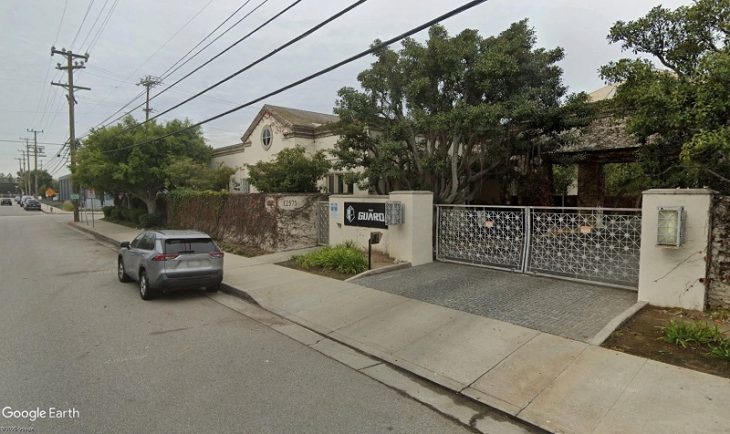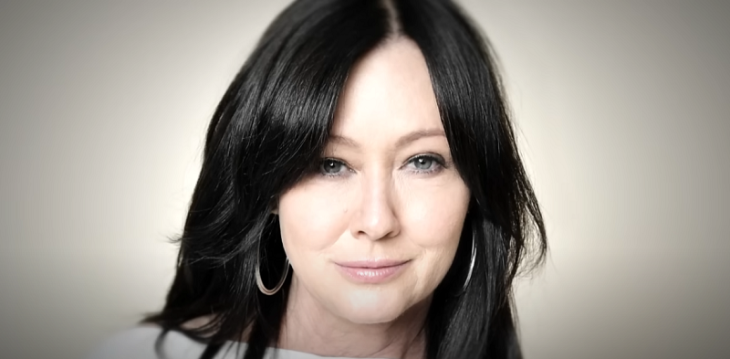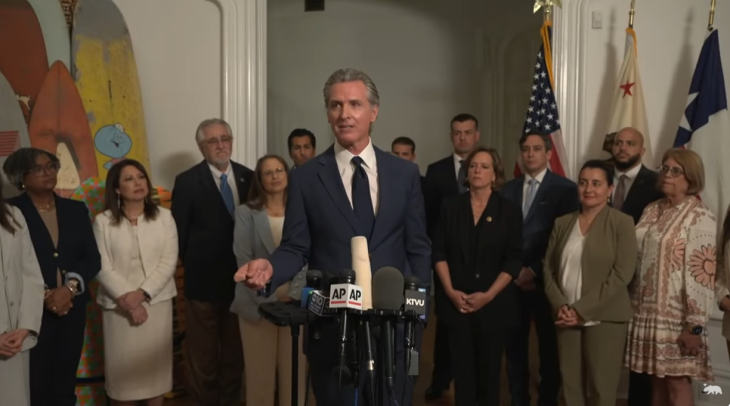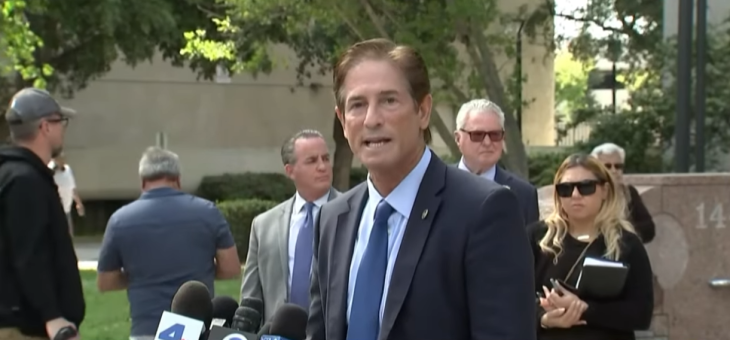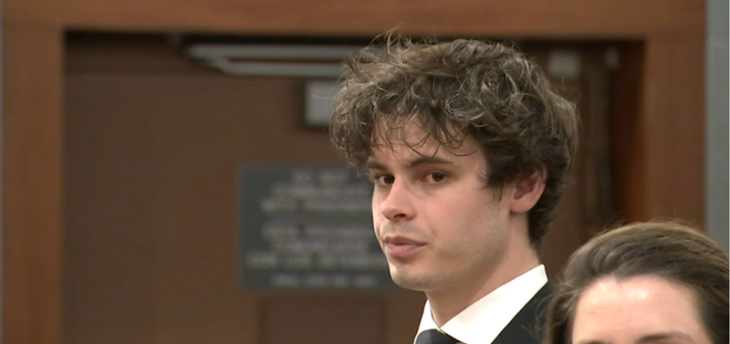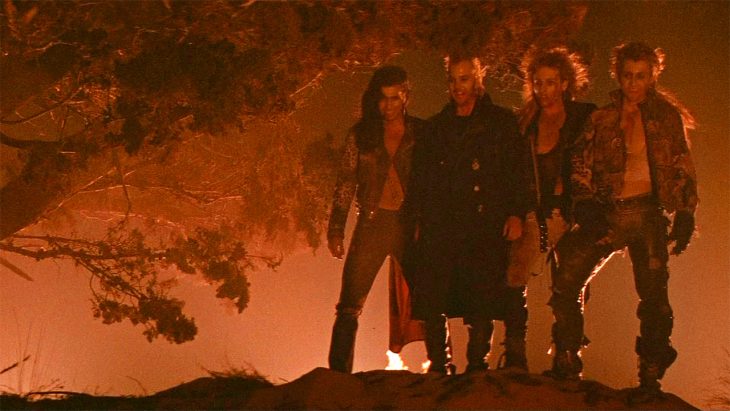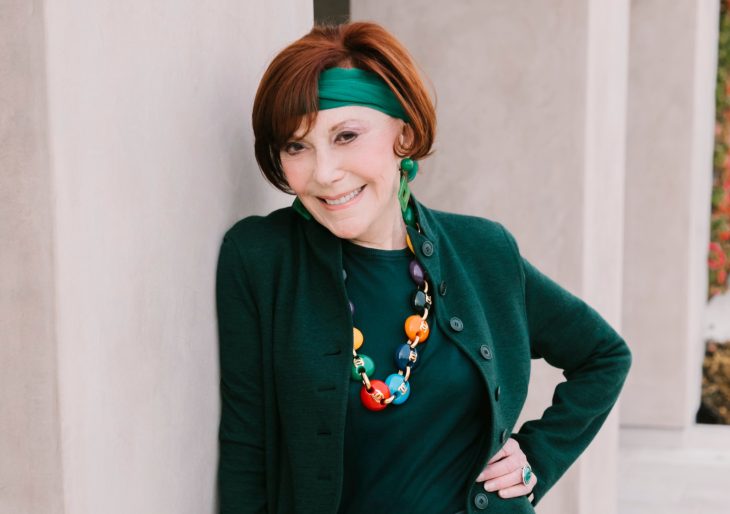
A national pro-life nonprofit law firm submitted court papers hoping to file a “friend-of-the-court” brief in the legal dispute over frozen embryos created by actress Sofia Vergara and her ex-fiance Nick Loeb, arguing the embryos should be considered human lives, not “property,” the group announced today.
Vergara and Loeb have been battling in court over the fate of the embryos. Loeb wants to bring them to term through a surrogate, even though the couple have split and Vergara has since gotten married to actor Joe Manganiello.
The “Modern Family” actress has been fighting to prevent Loeb from taking any action with the embryos, which are being kept at a reproductive center in Beverly Hills.
Officials at the center have said Vergara and Loeb each agreed when the embryos were created that nothing could be done with them unless both of them consented.
In a court filing this week, the Thomas More Society, a Chicago-based law firm supporting pro-life causes, asked that it be allowed to file an “amicus brief” in the case to assert its position that the embryos are in fact human lives ans should be treated as such.
“The two female embryos in this case are not just ‘potential’ life, but actual living human being growing toward maturity,” the attorneys contend, on behalf of the American Association of Pro-Life Obstetricians and Gynecologists and the National Catholic Bioethics Center.
“… In this case, the court is being asked to resolve a dispute involving the conflicting rights and interests of four human entities — a mother, a father and two unborn female embryos, the actual unborn children of the parties,” according to the filing. “The court should not proceed as if only the rights and interests of the parents are at issue. The rights and interests of all of these persons, in particular the interests of the helpless human embryos before the court, must be articulated and carefully weighed.
“… Legal rules that treat human embryos as property or anything less than human beings should be eschewed. Only a calculus including the best interests of the embryos respects their status as the very youngest of human beings, but human beings nonetheless.”

